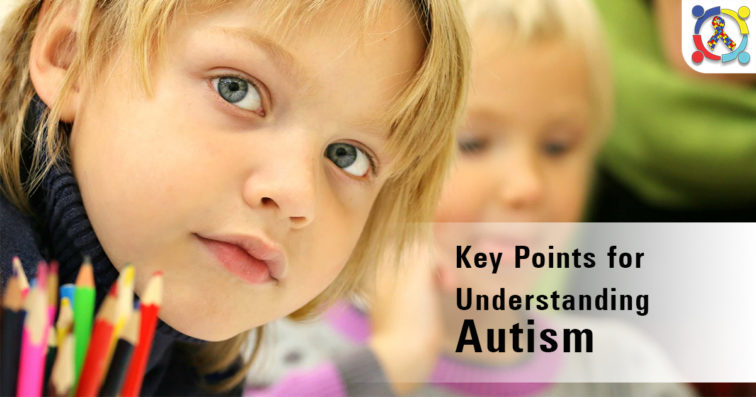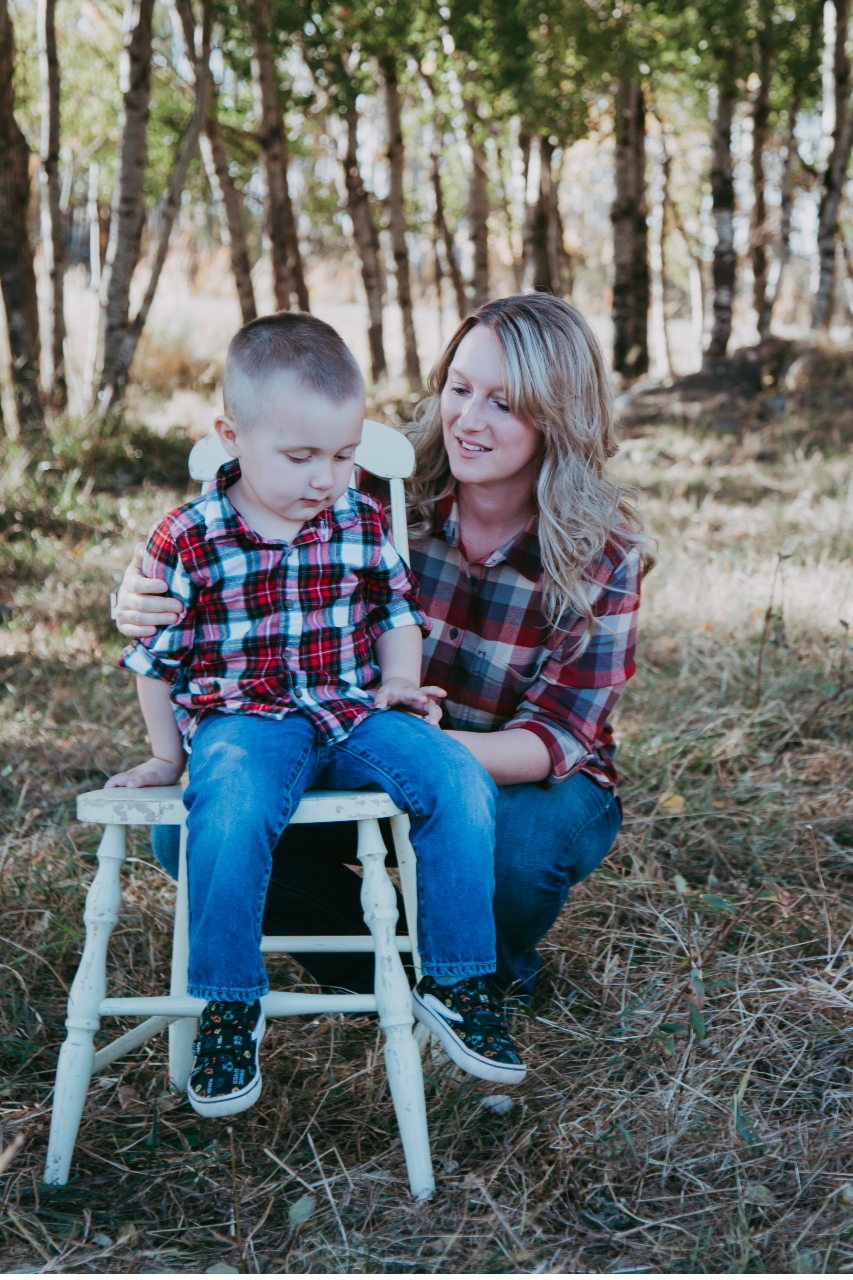— A GRANDMA’S PERSPECTIVE
Wesley’s
Story
Wesley was a true gift from heaven. You see, in 2011, we lost a father, husband, and grandfather to cancer. Our little family changed forever. Grief doesn’t just pass—it settles into the cracks of everyday life, reshaping the way you see the world. The holidays felt emptier, the laughter quieter, and though we carried on, there was always an unspoken ache where he used to be.
My daughter was especially close to her father. His absence was profound, and as she raised her firstborn, she often spoke of how much she wished her dad could see him grow. She longed to expand her family, to bring another little life into the world—to bring new light into our home. But no matter how much they wished for another child, it just wasn’t happening.
For nine long years, they waited, hoped, and endured heartbreak after heartbreak. Each negative pregnancy test was another wound, another reminder that some dreams don’t come easy. She tried to stay strong, but as a mother, I could see the sadness behind her eyes, the silent prayers she didn’t say out loud.
Then, in the summer of 2018, everything changed. One ordinary day, my phone rang. I answered to the sound of uncontrollable sobs. My heart clenched—I feared the worst. But through her tears, she managed to get the words out:
“Mom… I’m pregnant.”
In that instant, years of heartbreak faded into pure joy. Wesley’s arrival on February 28, 2019, was nothing short of a miracle—proof that even after the darkest storms, light finds its way back. He was perfect. He was everything they had prayed for. And he was exactly what our family needed.
With Wesley, laughter returned in full force. His giggles filled every room, his tiny hands reaching for love that was given to him without hesitation. He was our sunshine after the rain, a piece of heaven sent to mend the broken places in our hearts.
But life has a way of writing its own story.
On October 31, 2022, just after 12 noon, another phone call changed everything. This time, my daughter’s voice was steady, but her words were heavy.
“Mom, Wesley has autism.”
Level 3 autism. Severe speech delay. Repetitive behaviors. Words I had never imagined hearing.
I won’t sugarcoat it—I cried. And then I cried a whole lot more. Not because I loved him any less, but because I knew my daughter’s world had just shifted forever. The dreams she had for her son now carried new questions, new challenges, and an unfamiliar road ahead.
But here’s what I’ve learned about my daughter—she is her father’s child. She is resilient. She is determined. And she would never let this diagnosis define Wesley’s future.
In the days that followed, I spent hours with her, listening more than speaking. She dove headfirst into research, determined to understand everything she could about autism. And as she learned, so did I. There was no time to wallow—this wasn’t an ending. It was the beginning of a new chapter, one we would walk through together.
Wesley was, and always will be, our greatest blessing. His journey may look different, but it’s his own. And just as we did when we lost someone we loved, we will face the unknown, embrace the challenges, and fight for every moment of joy.
Because that’s what family does.
— The Bond BETWEEN MOTHER & SON
Can’t Be
Broken
I told my daughter, “Wesley is going to grow up, and he deserves a normal life, whatever that means…”
Her response was profound. She said, “Wesley is going to have his own life, just like I have mine and you have yours. His will just look a little different to us, but normal for him.”
She’s wise beyond her years and an incredible mother. From the moment Wesley was placed in her arms, their connection was undeniable. A love so pure, so fierce—it’s the kind of bond that nothing in this world could shake. She is his greatest protector, his biggest advocate, and the safest place he will ever know. And in return, he is her heart walking outside of her body.
There’s something truly special about the connection between a mother and her child—it’s silent yet unbreakable, tested yet unwavering. Through every milestone, every challenge, and every triumph, their love remains constant. Autism didn’t change that bond; if anything, it made it even stronger. It became the foundation upon which they built a new understanding of the world together.
Our family didn’t hesitate for a second—we embraced this journey with open hearts. Because Wesley is not defined by a diagnosis; he is defined by the love that surrounds him, the laughter he brings, and the endless possibilities ahead. His life is not measured by expectations but by the joy he finds in his own way, in his own time.
And if there’s one thing that will always remain true, it’s this: Wesley will never walk alone. His mother, his family—we are here, every step of the way. Because love like this? It doesn’t break. It only grows stronger.

Did You
Know?
Research shows that early, frequent, and loving involvement of family members is one of the best ways to help children with Autism Spectrum Disorder.
— A BOY AND HIS DOG
Wesley’s
BFF
I am incredibly grateful to have Richard by my side on this journey. He’s the one who first asked, “Who’s the cutest little boy in Killam?”—and Wesley absolutely adores him. When I said I needed to figure things out, I don’t think either of us fully understood what lay ahead… but we’re in it together!
As both a grandmother and a mother, I felt an overwhelming need to support Wesley and my daughter in every way possible. Wesley has ongoing support programs to help prepare him for school, and I wanted to be as involved as I could. With Jill now caring for the baby full-time, having an extra set of hands is always a blessing.
During my research, I discovered countless studies showing the incredible benefits of animals in the lives of autistic children. The idea of a therapy dog immediately intrigued me. However, I quickly learned that the process of getting a certified therapy dog could take up to three years—with no guarantee that the dog would even be the right match for Wesley. That seemed like an awfully long wait for something so uncertain.
So, I started exploring the idea of training a therapy dog ourselves. Almost like fate, I stumbled upon a specialized training course. Being the proactive person that I am, I signed up right away. And just like that, MacKay’s Tiny Terriers began to take shape.
For Wesley to overcome his fear, he needed a dog of his own—a companion who could roam freely in his environment, where he felt safe.
But here’s the catch… Wesley was afraid of dogs.
When he was just over a year old, he had a negative encounter with one, and that fear stuck with him. Simple outings—walks, trips to get the mail—became stressful if a dog was anywhere nearby. And yet, Wesley loved being outside. Swinging at the park was his favorite thing in the world. But dogs are everywhere, and every encounter sent him into a panic.
My youngest daughter has two little Chihuahuas, and whenever she visited, she’d bring them along. By the end of each visit, Wesley would start to warm up to them. But as soon as they left, his fear would return just as strong.
Seeing that fear in his eyes was heartbreaking. If you were holding him when a dog approached, he would cling so tightly it felt as if he was melting into you.
I knew that if Wesley was ever going to overcome this fear, he needed to do it on his terms, in his own space. He needed a dog of his own—one who wouldn’t leave after a weekend visit, one who would simply exist alongside him in the world he felt safest in.
So, we took a leap of faith…
And that leap turned into something far greater than we ever imagined.
Breaking down his
Diagnoses

Restricted or Repetitive Behaviours
- Individuals may engage in stereotyped and repetitive motor movements (e.g., hand flapping or lining up items) or speech (e.g., echolalia).
- Adherence to the same routines or behaviour patterns and getting distressed with even a minute change
- Adverse or strong reactions to certain sounds, bright light and touch
- They exhibit fixated interests: like playing with certain toys or listening to the same music over and over again
Two Groups of Behaviors
Researchers separate repetitive behaviors into two groups: “lower-order” and “higher-order” repetitive behaviors. You might recognize the former if you’ve seen behaviors such as fidgeting, hand-flapping, or repeating certain words or phrases. The latter is typified by a desire for sameness, a preference for routine, and intense interests.
Speech Delay
- Doesn’t respond/responds slowly to their own name or other verbal communications that should get their attention
- Makes babbling sounds and other “baby sounds” early on in life, then stops
- Is not developing/is slow to develop body language gestures, including pointing at and grabbing things
- Is not imitating speech sounds by 6-12 months old
- Is not developing a simple vocabulary by 12-18 months old
- Does not form simple phrases by 18-24 months old
- Communicates using pictures or sign language instead of sounds
- Speaks only in single words or repeats certain words/phrases (which are unrelated to what’s going on around them)
- Repeats words/phrases that they hear around them (can be from others or from television)
- Use words that don’t make sense in the context of what the child is trying to say
Children with autism are just lovable! They only need complete attention, love and understanding.
Autism is not being socially awkward
It’s not awkwardness. Autistic people are often excellent at socialising with each other, where they can avoid eye contact, stim, avoid small talk, share information and rely on their own natural communication preferences.
Autism is not avoiding eye contact
This is well known but factually inaccurate. Whilst many autistic people struggle to make eye contact, some are able to, so don’t assume someone who identifies as being autistic won’t be able to meet your gaze.
Lack of eye contact is often considered a defining feature of autism, not because it is particularly significant to the neuro difference, but because it is particularly noticeable.![]()
Autism is not lacking empathy
No, it never was. Autistic individuals feel just as much – if not, more – love, compassion and empathy as others, but they express it in unique ways. Because eye and physical contact can be stressful and feel unnatural to children with autism, these individuals can come across as uncaring and selfish. The truth is they’re just as capable of falling in love and raising a family as anyone else.
Autistic people do not lack imagination
Difficulties with social imagination are a thing, but that does not translate into a lack of imagination.
What is imagination anyway? Some people think in words, others in pictures, others in a mixture. Is imagination simply thinking about something as it isn’t? Creativity is enormously important for many autistic people, some feel it as a deep need, and it is not possible to create without imagination.
Autism is not black and white thinking
This black and white thinking means that things which other people might see as ‘opinions’, are solid facts to autistic people. If something presents as black and white, and someone else describes it in a way which JUST ISN’T RIGHT, autistic people might feel the need to correct.
And this ‘correcting’ business is wrong apparently!
Autism Meltdowns aren’t the same thing as tantrums.
Meltdowns are involuntary responses to feeling overwhelmed. An autistic person cannot help experiencing intense sensory overload, and their reactions are due to a lack of control. Lets stop labelling autistic kids “naughty” or “spoilt” for something that they can’t control. Support them and try to understand the trigger instead.

